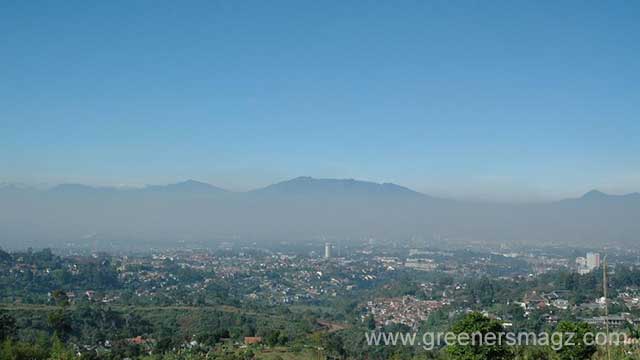By Tim Radford Via Climate News Network
LONDON, 20 July – Rising temperatures could be bad news for people with bad lungs. Two new lines of research are bleak reminders of the link between air quality and human health.
A study from the University of York in the UK reports that ozone levels soar during heat waves – perhaps because the capacity of plants to absorb ozone is curtailed as the mercury goes up.
When the ground is dry and the temperatures rise, plants become stressed: they shut their stomata – those tiny pores in their leaves – to conserve moisture. It means they can survive the high ozone levels that tend to follow traffic fumes and factory exhausts in hot weather. But it also means they cannot react to the ozone.
“Vegetation can absorb as much as 20% of the global atmospheric ozone production, so the potential impact on air quality is substantial”, said Dr Lisa Emberson of the university’s Stockholm Environment Institute.
She and colleagues report in the journal Atmospheric Chemistry and Physics that they studied the European heat wave of June and July 2006, and modelled the hazard to human health under conditions of both perfect and minimal ozone absorption.
They calculate that the extra ozone not absorbed by plants during the heat wave – and for 16 days, levels of ozone would have been above the threshold for human safety – accounted for 460 extra deaths in the UK.
Acute effect on south-east Asia
Ozone in the stratosphere is vital to human health: it screens out dangerous wavelengths of ultraviolet light. Ozone in the lower atmosphere though is a toxin, and a dangerous irritant that can lead to increased asthma attacks and lung inflammation.
Pinning individual deaths to this or that environmental cause is very difficult, but using statistical logic, epidemiologists have been comfortably calculating notional extra deaths because of air pollution for decades.
Worldwide, according to a report in Environmental Research Letters, more than two million people die because of human-caused outdoor air pollution. Researchers report that, so far, climate change has had only a minimal effect on death rates.
Around 470,000 people die each year because of ozone pollution, and around 2.1 million deaths are caused by fine particulate matter – tiny particles that become trapped in the lungs. Once again, the research is based on climate model simulations.



















































